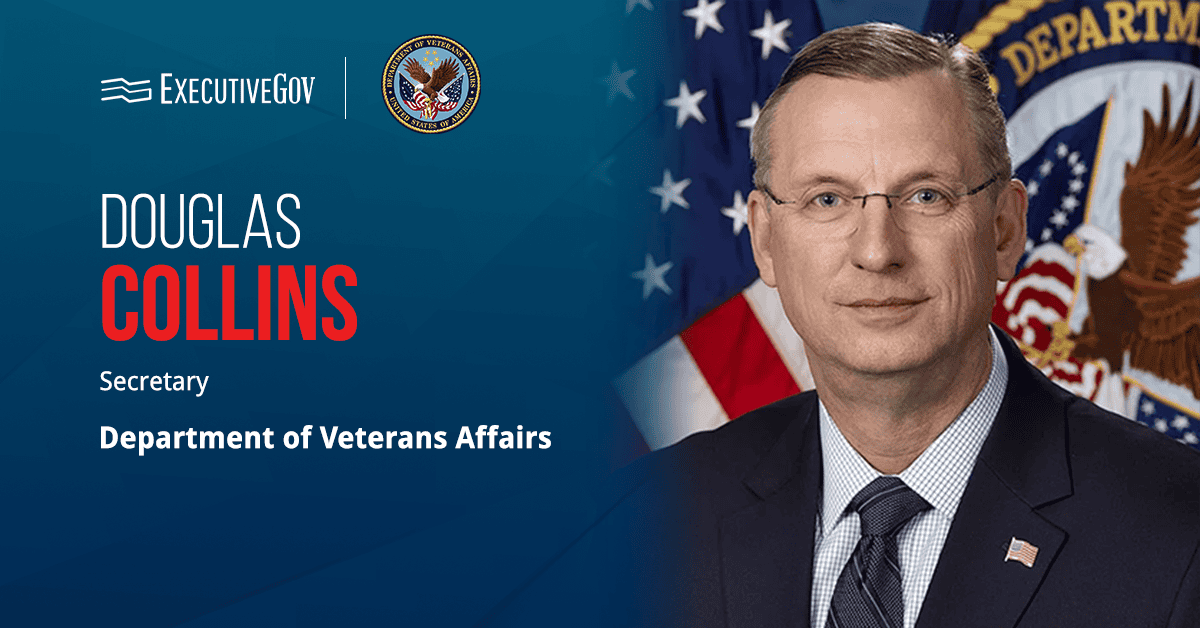
Mark Esper, secretary of the Army and 2019 Wash100 Award winner, said the U.S. is asking allies to boost investments in new defense-applied technologies including hypersonics, directed energy and artificial intelligence, National Defense Magazine reported Monday. He said these new technologies are needed to deter China and Russia from being on top of the power competition.
“It is very important we all move together … if we are going to be able to deter future conflicts,” he stated.
Meanwhile, the U.S. Air Force also emphasizes these technologies in its latest science and technology strategy.





